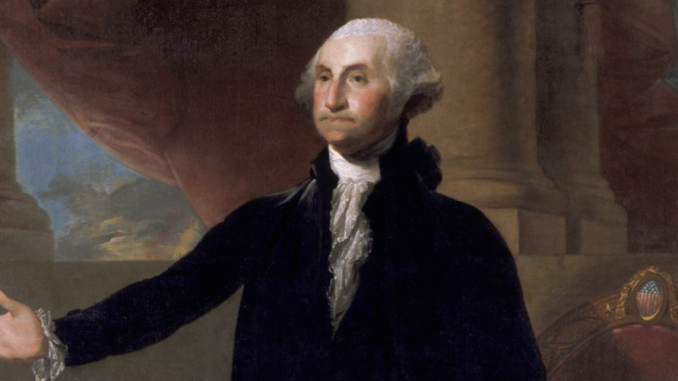
This year we celebrate Abraham Lincoln and George Washington on February 20, 2023 as a Federal Holiday. The combining of both holidays happened when legislation was created in 1968 to provide union workers with more 3 day holidays. That legislation became the rule in the early 1970’s.
Aside from the politics of the holiday, there is the man. As most of us know, he had enormous character and led this country in war and peace, setting an example by declining a title of monarchy and limiting his own term of Presidential office to 2 terms.
Before there was the man, there was the boy. A 14 year old boy who wrote down 110 rules to live by that would lead him through his life to create himself as a man of integrity, civility and decent behaviour. In essence, how to keep the moral virtues, treat others fairly and create self-control, particularly in stressful or disagreeable situations.
Here are a few of the rules 14 year old George Washington wrote to himself:
- 1 – Every action done in company ought to be with some sign of respect to those that are present.
- 5 – If you cough, sneeze, sigh, or yawn, do it not loud but privately; and speak not in your yawning, but put your handkerchief or hand before you face and turn aside.
- 6 – Sleep not when others speak, sit not when others stand, speak not when you should hold your peace, walk not on when others stop.
- 14 – Turn not your back on others especially in speaking, jog not the table or desk on which another reads or writes; lean not upon any one.
- 22 – Show not yourself glad at the misfortune of another, though he were your enemy.
- 38 – In visiting the sick, do not presently play the physician if you be not knowing therein.
- 50 – Be not hasty to believe flying reports to the disparagement of any.
- 56 – Associate yourself with men of good quality, if you esteem your own reputation; for it is better to be alone than in bad company.
- 65 – Speak not injurious words, neither in jest or earnest; scoff at none although they give occasion.
- 70 – Reprehend not the imperfections of others, for that belongs to parents, masters and superiors.
- 76 – While you are talking, point not with your finger at him of whom you discourse nor approach too near him to whom you talk, especially to his face.
- 79 – Be not apt to relate news if you know not the truth thereof. In discoursing of things you have heard, name not your author; always a secret discover not.
- 82 – Undertake not what you cannot perform, but be careful to keep your promise.
- 83 – When you deliver a matter do it with passion and discretion, however mean the person be you do it to.
- 89 – Speak not evil of the absent, for it is unjust.
- 98 – Drink not, nor talk with your mouth full; neither gaze about you while you are drinking.
- 105 – Be not angry at table whatever happens, and if you have reason to be so, show it not; put on a cheerful countenance especially if there be strangers, for good humour makes one dish of meat a feast.
- 108 – When you speak of God or his attributes, let it be seriously and with reverence. Honour and obey your natural parents although they be poor.
- 109 – Let your recreations be manful not sinful.
- 110 – Labour to keep alive in your breast that little celestial fire called conscience.
